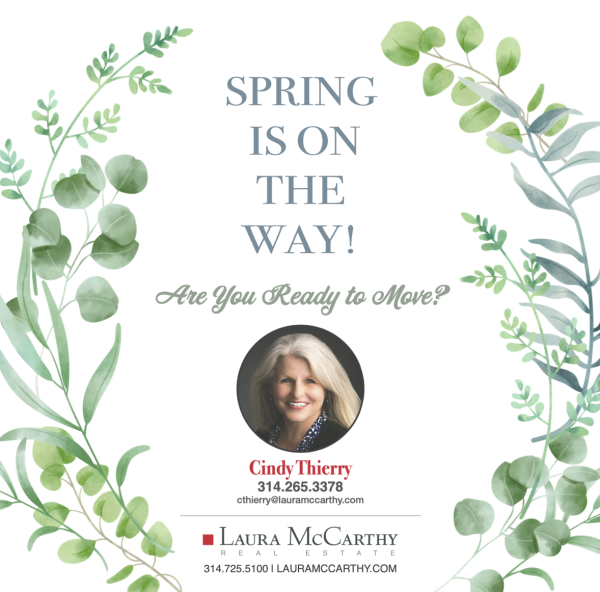When you realize your minority status
December 15, 2018
For 18 years of my life, nothing ever made me feel like a minority, that is, until 11 people were shot and killed.
Granted, at first glance most people would not assume that I am in a minority group. When people look at me, they see a heterosexual white male, probably the most unlikely person to be pegged as a minority.
Attending school at U. City, however, has made me a minority just because the majority of students are black. This never affected me. I never felt out of place, like I didn’t have friends or feel excluded. But I’m not talking about race, I’m talking about a minority group that is often overlooked: Jews.
Why am I just now addressing the issue of Jewish people being a minority? Because modern day anti-Semitism is often overlooked, even when it constantly plagues our world.
It is pretty much accepted by educated people that after 6 million Jews were slaughtered in the Holocaust, Jews now account for around 0.2% of the world’s population and 2.2% of the U.S. population. In comparison, according to the Pew Research Center, in 2015 the world population was 31.2% Christian and 24.1% Muslim. According to the U.S. Census, the black population in America is estimated to make up about 13.3% of the total population.
Looking at the numbers, no argument can be made against Jews being a minority. There are simply fewer of us.
But many Jews are white, privileged and financially well off, which makes people think it is not important to acknowledge that Jews are a minority. However, when community centers are receiving bomb threats, people are being shot and killed, cemeteries are getting ransacked and college campuses becoming non-inclusive, it seems like the responsible thing to do.
I suppose that part of me has always realized that Jews were a minority. I was aware of the over 100 bomb threats that were called in during 2017. I was also in U. City and helped to clean up the Chesed Shel Emeth Cemetery after it was vandalized last year. But the event that really struck me about being a minority was when 11 people were shot and killed at the Tree of Life Synagogue in an area of Pittsburgh called Squirrel Hill, an area where I have family. For some reason, for the first time, I felt more cautious, almost scared to be a Jew in America. Immediately, I had some insight into what other minorities feel the majority of their lives. I was always aware of the struggle of minorities just by living in U. City, but after the shooting I felt as if I could actually relate to the struggle of fear. I was still proud of being Jewish, but it seemed more dangerous to express my beliefs in a country that protects freedom of religion in the constitution. It made me, and plenty of my Jewish peers, hesitant about publicly embracing our religion, and it was not a pleasant sight to see my own temple increase security.
Obviously, this is not a topic that only affects Jews. I’m aware that Jews are not the only people who can be oppressed. But the fact that Jews have been attacked for their beliefs for thousands of years, makes it upsetting that it is still happening.
From being removed from our homeland by the ancient Romans, to the Spanish Inquisition in the 1400’s, to the Holocaust, to Neo-Nazis in 2018, it is quite tiring not being accepted, wherever we choose to live.
I admit that while Jews, inarguably, are not the most struggling minority in the world, it is important to acknowledge how small our group of people actually are and not ignore the fact that anti-Semitism is still very real in 2018. We need the same amount of support that has been demonstrated through the Black Lives Matter movement or the fight for women’s rights. Although there was a lot of activity on social media in the days following the Pittsburgh shooting, more support is never bad.
The fight for religious freedom in our country still isn’t over, and that pretty much goes for any religion that isn’t Christianity. This is no attack on America, any other religions or a competition to see which minority group is oppressed the worst.
Actually, consider this a public service announcement to communicate that, as Americans, we need to recognize that anti-Semitism is alive and well and to not forget that support for Jews matters as much as other groups. Our country must not forget the significance of all the groups of people who live within its borders.






































